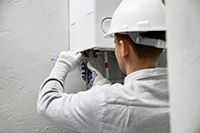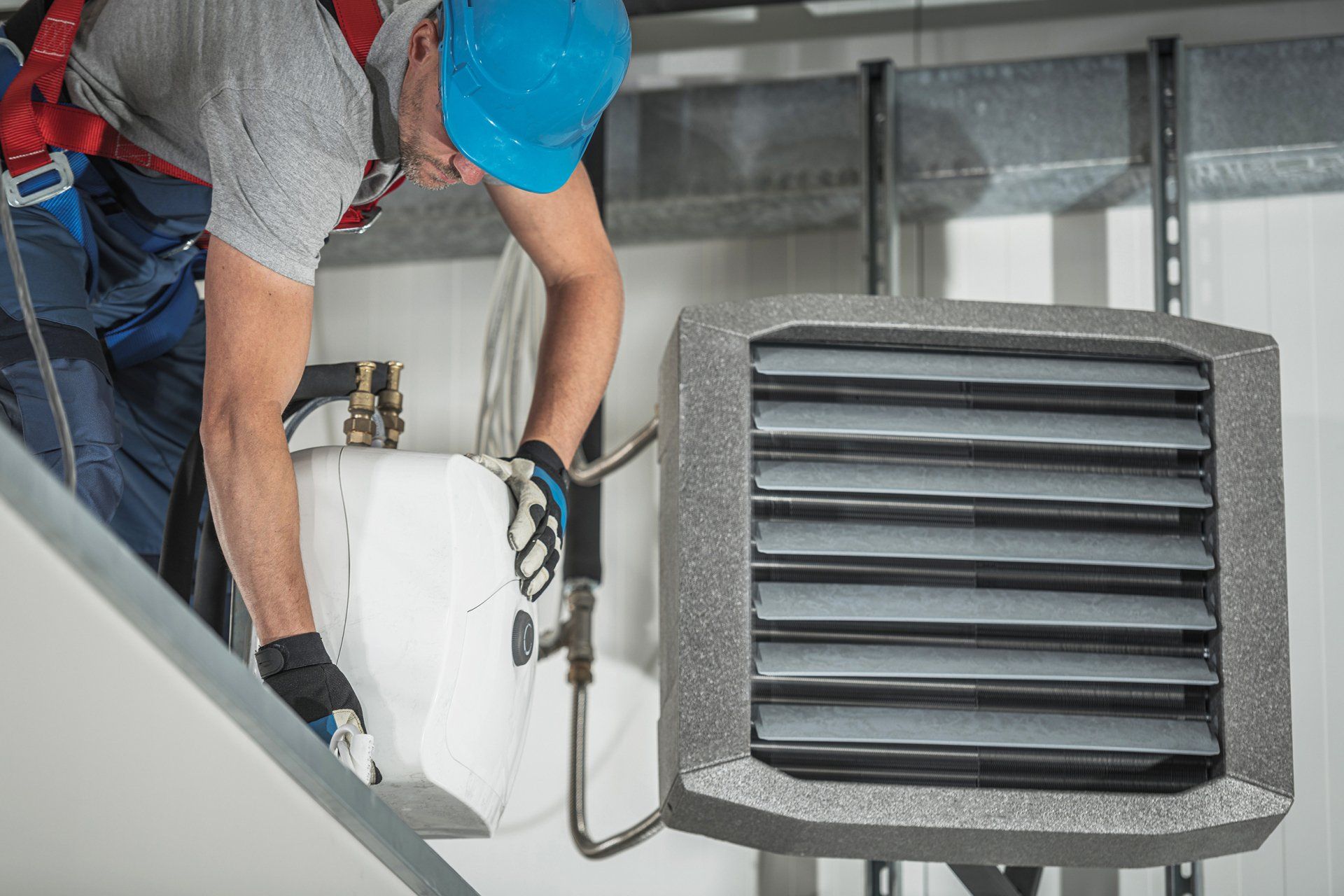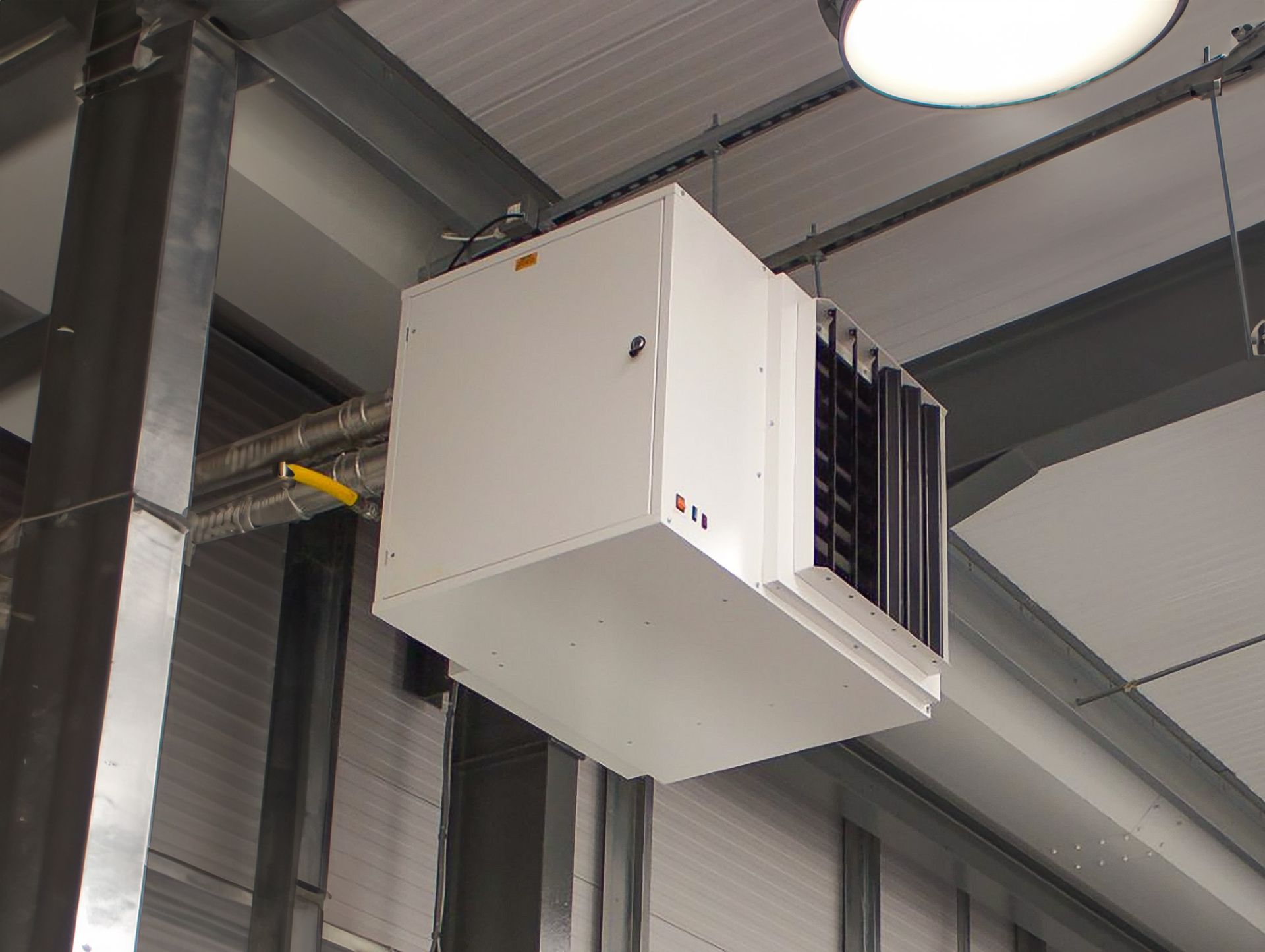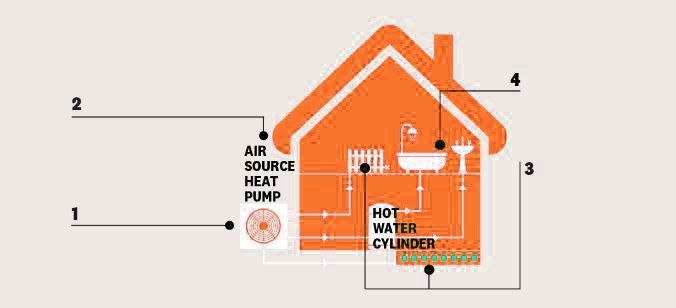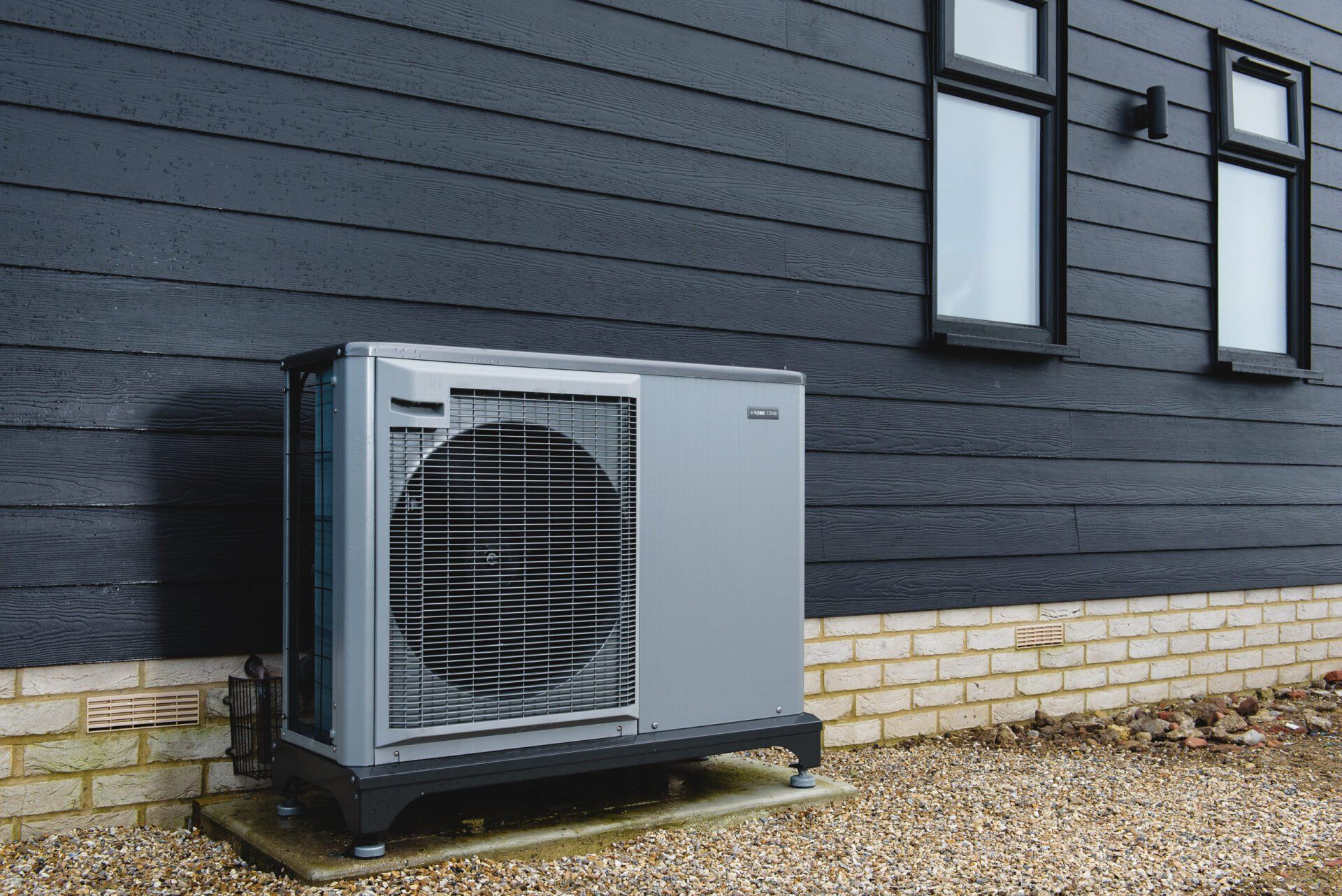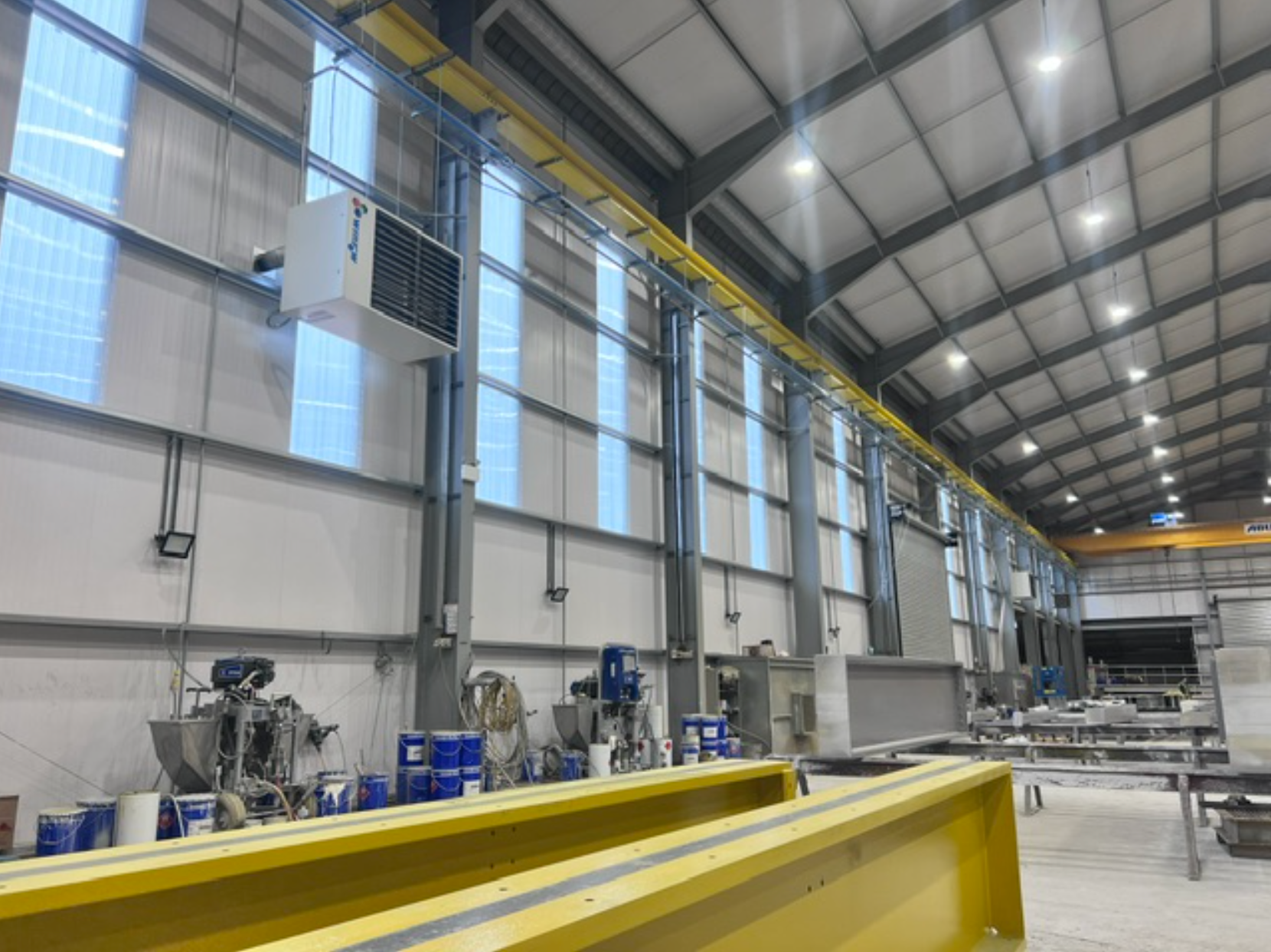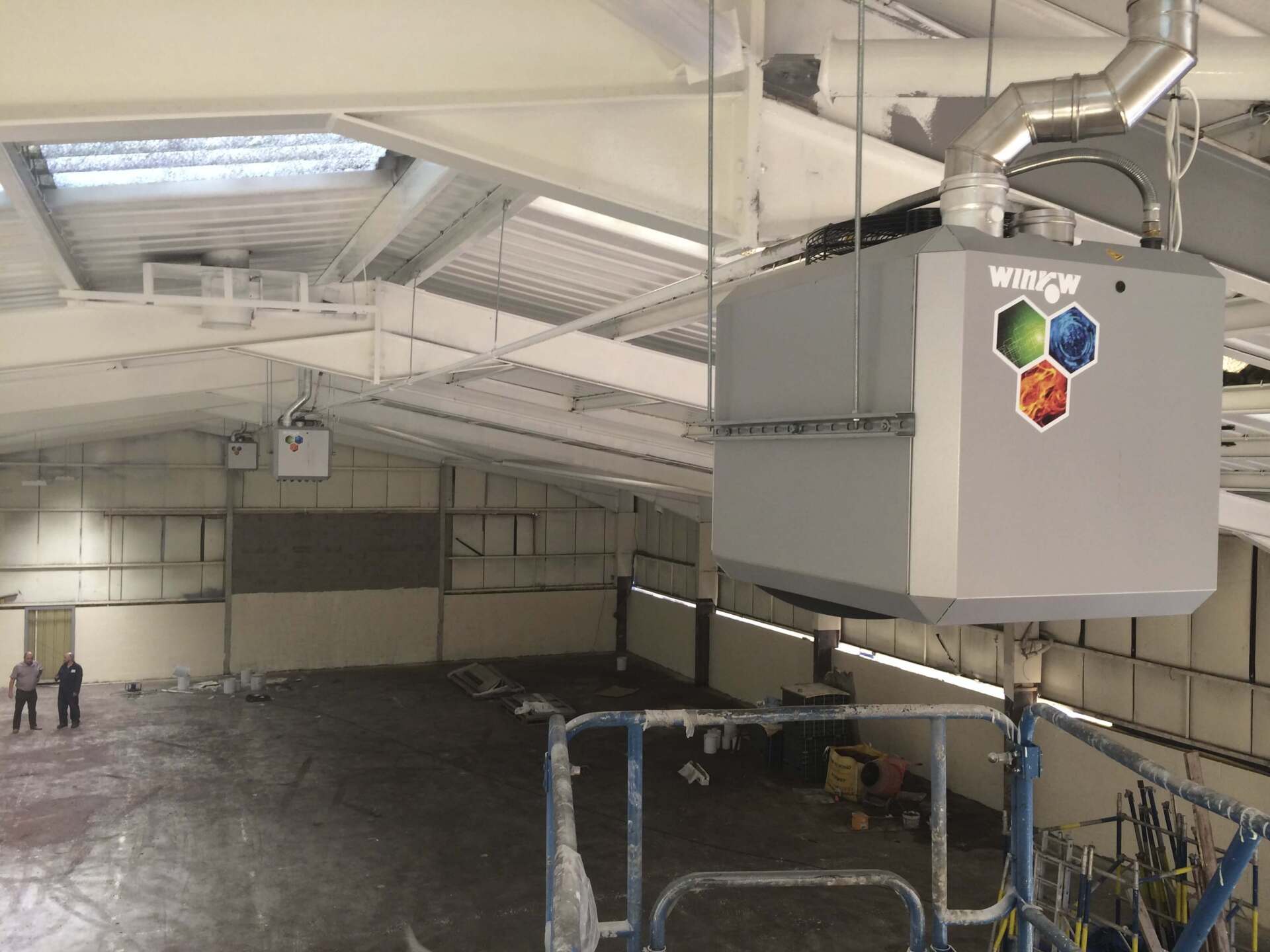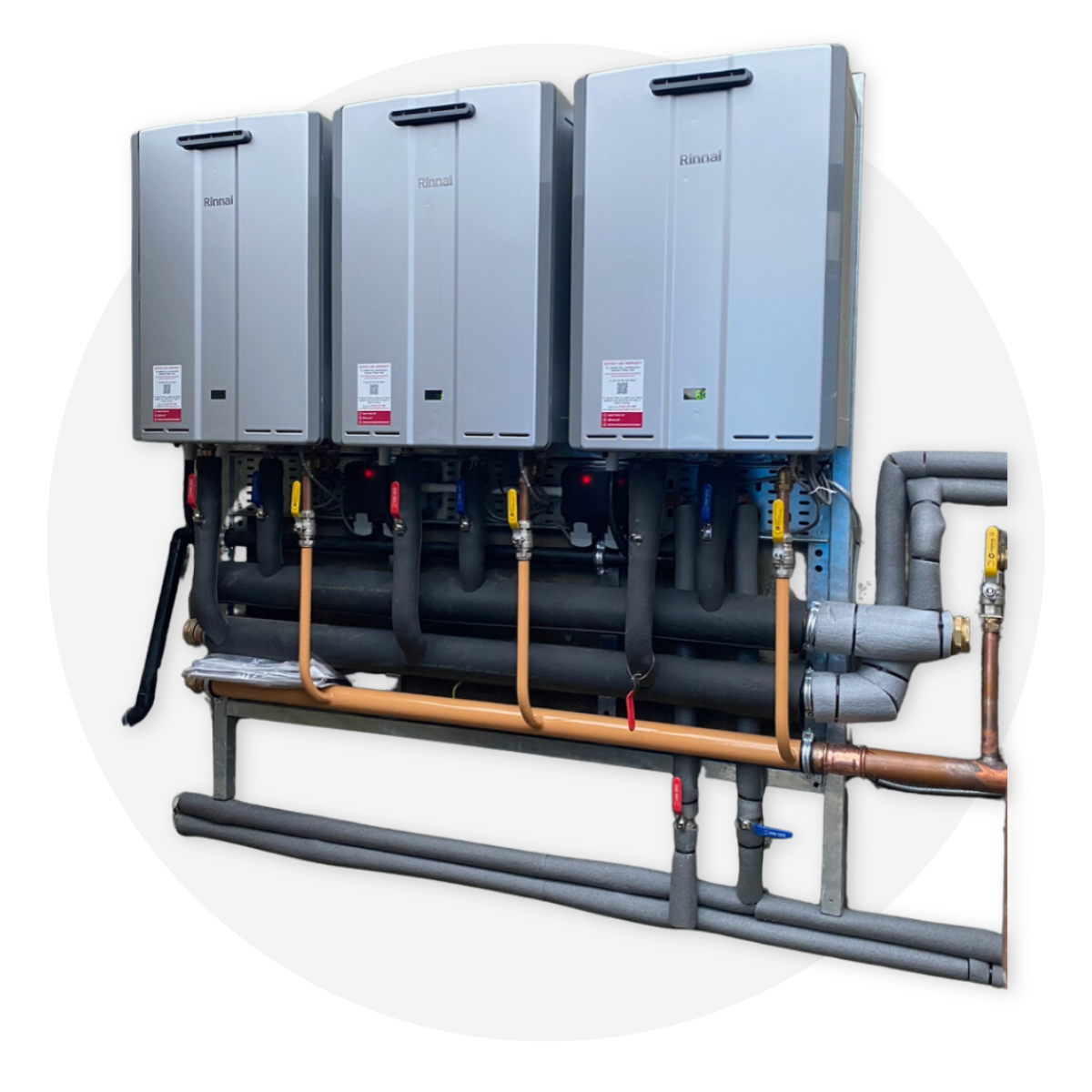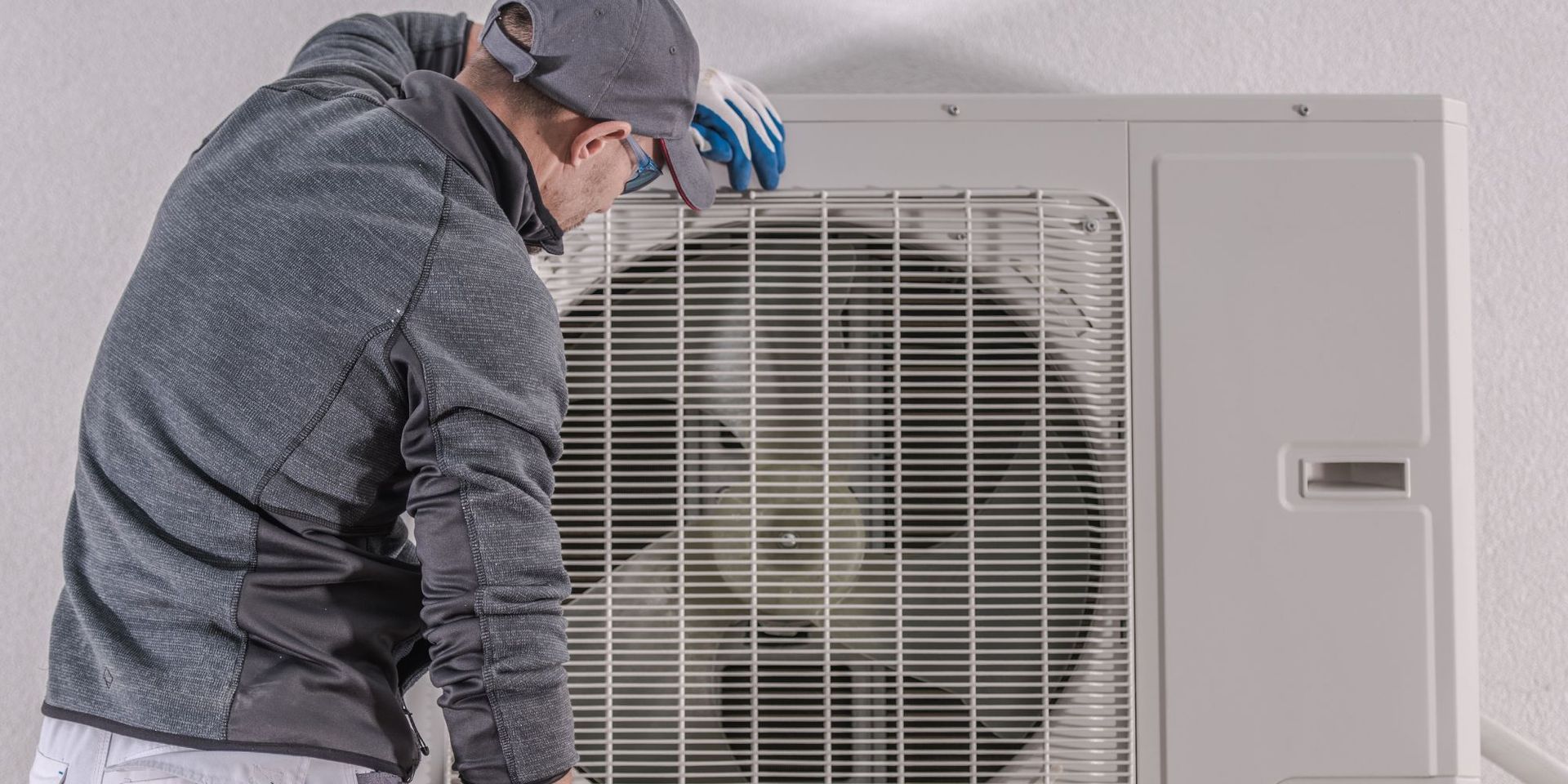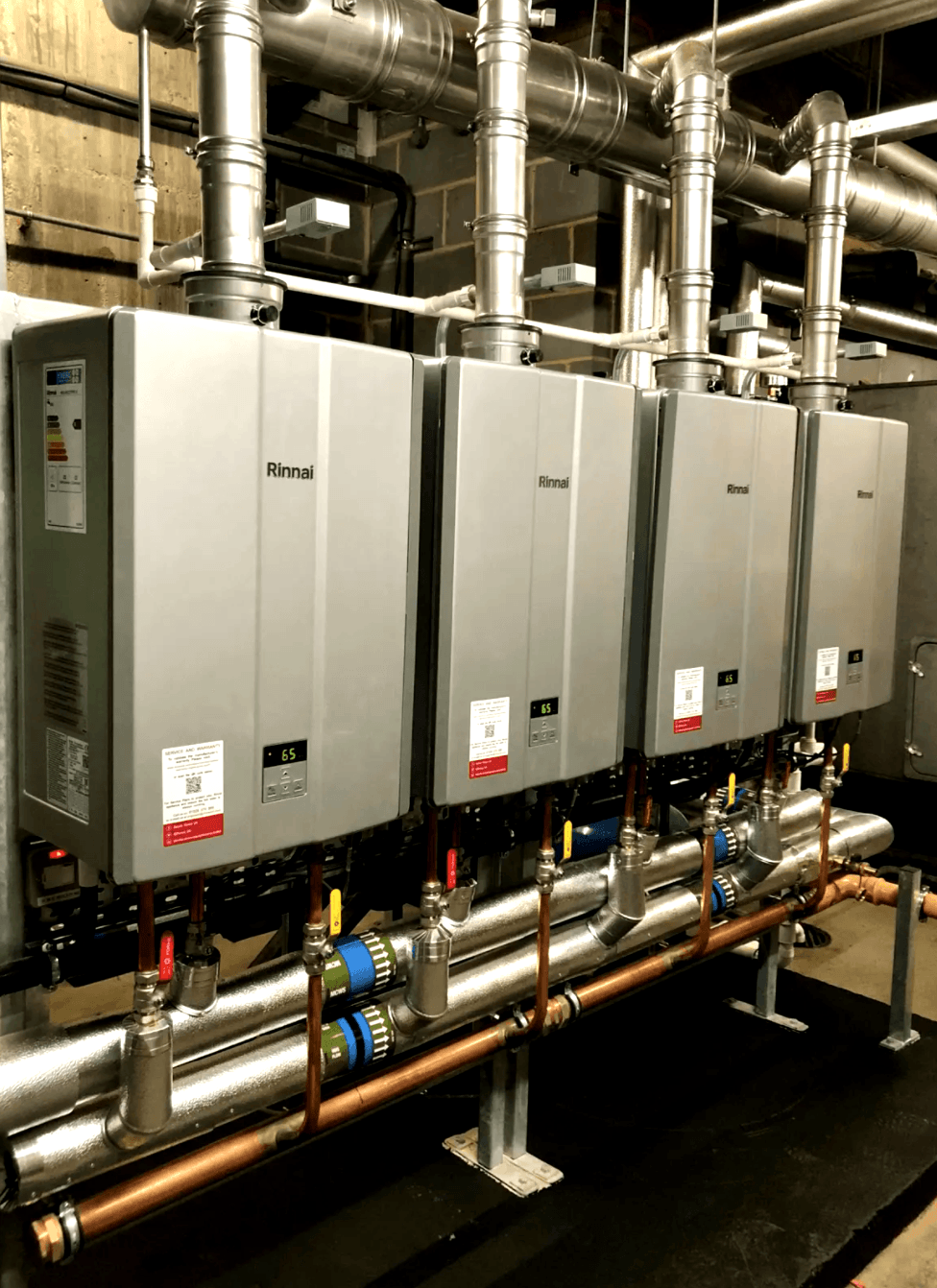The Rebounding Heat Pump Market in the UK
The UK heat pump market is booming, with orders placed by the Heat Pump Association's members for this year having grown to 67,000 units. This growth is likely to be driven by the residential market, but there is also potential for more growth in the commercial building market and the deployment of heat pumps as part of district heating networks.
In a challenge to the industry, Prime Minister Boris Johnson has called for 600,000 units a year to be installed by 2028 in order to help power the UK’s economic recovery from the Covid-19 pandemic and help deliver a net zero economy by 2050. There is a considerable skills gap that will need to be closed in order for these targets to be met, with estimates suggesting more than 17,000 new heat pump installers will be needed over next decade.
In this blog, we will discuss the following:
•The UK heat pump market is expected to almost double this year, with orders already placed by the Heat Pump Association's members for this year having grown to 67,000 units.
• While much of this growth is likely to be in the residential market, there is also potential for more growth in the commercial building market and the deployment of heat pumps as part of district heating networks.
• Prime Minister Boris Johnson has challenged the industry to be installing 600,000 units a year by 2028 – a colossal step up from current levels – in order to help power the UK’s economic recovery from the Covid-19 pandemic and help deliver a net zero economy by 2050.
• There is a considerable skills gap that will need to be closed in order for these targets to be met, with estimates suggesting more than 17,000 new heat pump installers will be needed over next decade.
What is a Heat Pump?
A heat pump is an appliance that transfers heat from one place to another. It can be used for heating or cooling a space, and some models can do both. Heat pumps are becoming increasingly popular because they are relatively energy-efficient and have low carbon emissions. There are three main types of heat pumps: air-source, ground-source, and water-source. Air-source heat pumps take heat from the air outside and use it to heat your home; ground-source and water-source heat pumps take heat from the ground or water respectively
The Rebounding Market
After a slump due to the pandemic, the UK heat pump market is beginning to rebound. Orders placed by members of the Heat Pump Association have grown to 67,000 units for this year. This growth is being driven by the residential market, but there is also potential for more growth in the commercial building market and the deployment of heat pumps as part of district heating networks. In response to this growing industry, Prime Minister Boris Johnson has called for 600,000 units a year to be installed by 2028 in order to help power the UK’s economic recovery from Covid-19 and deliver a net zero economy by 2050.
Growth of the heat pump market
The UK heat pump market is expected to grow significantly in the coming year. This is due in part to the recognition of the many benefits that heat pumps offer. Heat pumps are an energy-efficient way to heat a home, as they use the natural warmth of the ground or air to provide heat. They can also be used to cool a home in the summer months. In addition, heat pumps can help to reduce a home's carbon footprint, as they do not release any emissions into the atmosphere. As awareness of these benefits grows, it is likely that more and more people will choose to install heat pumps in their homes. This, in turn, is expected to lead to a significant increase in the UK heat pump market.
The Skills Gap
There is a considerable skills gap that will need to be closed in order for these targets to be met. Estimates suggest that more than 17,000 new heat pump installers will be needed over next decade. This presents a great opportunity for those looking for a career change or those just entering the workforce. Luckily, there are many training programs available that can help people gain the skills they need to enter this growing industry
17,000 new heat pump installers will be needed over next decade
The United Kingdom has set ambitious targets for reducing greenhouse gas emissions, and heat pumps will play a key role in achieving these goals. Heat pumps are a relatively new technology, and there is a considerable skills gap that will need to be closed in order for these targets to be met. Estimates suggest that more than 17,000 new heat pump installers will be needed over the next decade. Training programmes will need to be developed and existing workers will need to be upskilled. In addition, it will be important to raise awareness of the benefits of heat pumps so that more people are encouraged to switch to this cleaner, more efficient form of heating. With proper planning and investment, the UK can close the skills gap and meet its emissions targets.
Growth in the residential market
Given the current state of the economy, it's no surprise that many businesses are looking for ways to cut costs. One way to do this is to invest in energy-efficient heating and cooling systems. Heat pumps are a particularly attractive option for businesses, as they can provide both heating and cooling while greatly reducing energy consumption. In addition, there is potential for businesses to take advantage of district heating networks. These networks typically consist of a central boiler connected to a system of pipes that distribute heat to buildings in the area. By investing in a heat pump and connecting it to a district heating network, businesses can significantly reduce their energy costs. With the rising cost of energy, it's clear that investing in efficient heating and cooling solutions is good for both businesses and the environment.
Deliver a net zero economy by 2050
The UK's Prime Minister Boris Johnson has made a challenge to the nation's industry to greatly increase the amount of solar power installed in the country. The goal is to have 600,000 units installed by 2028. This would be a huge increase from current levels and would help provide power for the UK's economic recovery from the Covid-19 pandemic as well as help deliver a net zero economy by 2050. Solar power is a renewable resource that can help reduce greenhouse gas emissions, and so this challenge, if met, could have major benefits for the environment as well. It remains to be seen whether or not the industry will be able to meet this ambitious goal, but it is certainly an important step in the right direction.
Conclusion
The UK’s heat pump market is growing thanks to increased demand from the residential market. However, there is still potential for further growth in other markets such as commercial buildings and district heating networks. In order meet ambitious targets set by former Prime Minister Boris Johnson, more than 17,000 new installers will need to enter the workforce over the next decade. There are many training programs available that can help people gain the skills they need for this growing industry.
Share This Post.
Latest News | Winrow Industrial Heating

